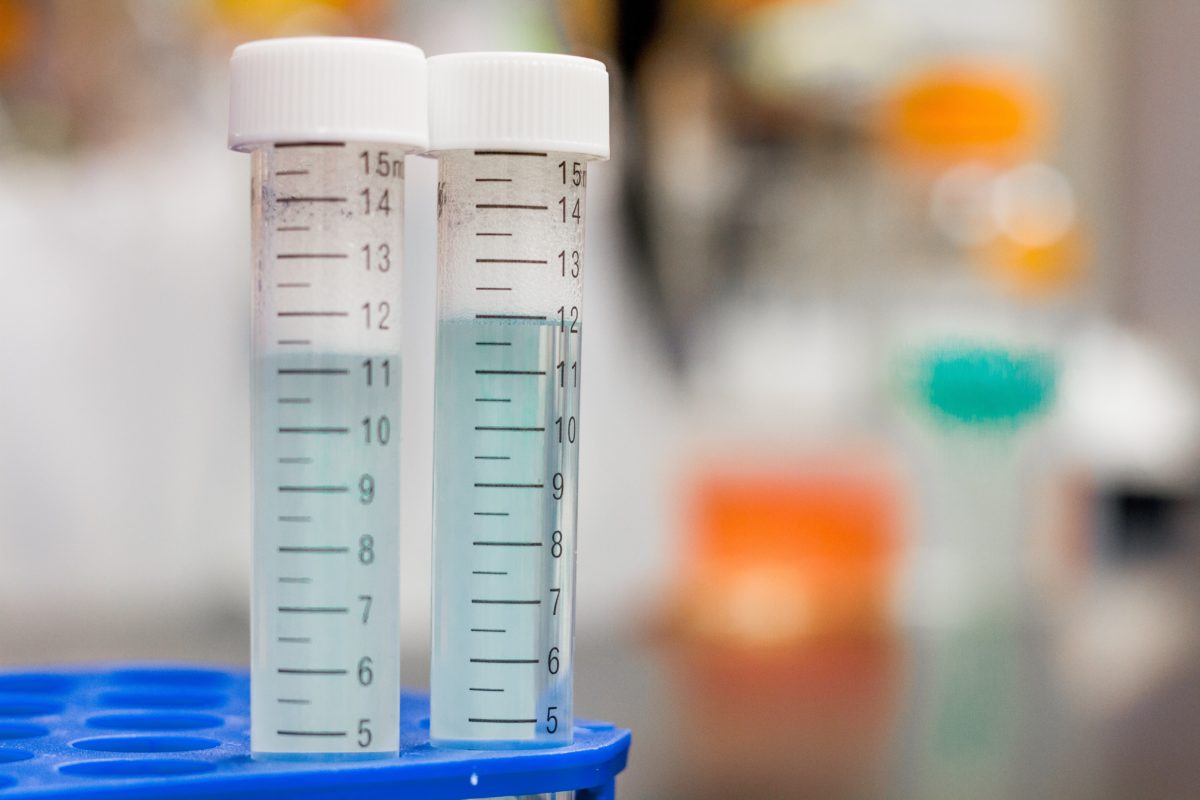The University of Rome – Tor Vergata (UNITOV) not only coordinated the STARBIOS2 project, they also implemented structural change in a large organisation with already established and agreed on practices. Still, they managed to accomplish several important changes towards responsible research and innovation. This is their story…

Main challenges
The main challenges for our team were:
- Achieving structural change in a very large organisation with established and consolidated practices.
- Aligning RRI activities with many other similar, ongoing, and/or already present, activities carried out by different actors.
- Implementing the actions with a small team, mainly devoted to biosciences research work.
- Sharing the objectives and activities of interdisciplinary UNESCO chair with Italian and international stakeholders
- Strengthening scientific links with other research groups and different stakeholders.
Focus on societal engagement
The team carried out an Action Plan about all RRI keys. As for “societal engagement”, in particular, two aspects were focused on:
- The assessment and strengthening of interdisciplinary UNESCO chair in Biotechnology and Bioethics
- An integrated system for exchange with society.
The set of actions for these two aspects also included a strong component of the other RRI keys.
The “Interdisciplinary Chair in Biotechnology and Bioethics” of the University of Rome – Tor Vergata is an example of Responsible Research and Innovation aimed at coping with some of the most important health and societal challenges of the contemporary world. The assessment of the Chair has been finalised to its consolidation and involvement of an increasing number of actors dedicated to the reinforcement of the mission in education and training of students and professionals, in the transfer of technology and upgrading research and diagnostic institutes. Carrying out assistance to solve urgent problems during epidemics (e.g.: HIV and Ebola) and promote research in the long run, with such emergencies, is a further aspect of the mission of the Chair.
The activity of the UNESCO Chair is pivotal for other activities to promote an exchange with society, involving enterprises, schools, and municipality in research projects, training of PhD students, and scientific education of young people.
Overcoming obstacles
The assessment process of the UNESCO Interdisciplinary Chair for Biotechnology and Bioethics has allowed for deep reflection on the history of the chair which has highlighted important aspects in research and dissemination of scientific culture in Italy and abroad, especially in several African countries.
Involving so many actors from the Faculties of UNITOV and numerous stakeholders in Italy, Europe, and Africa was challenging, however, during the project, their involvement became increasingly effective and productive.
Action plans in action
To strengthen the UNESCO Chair, the following specific activities were carried out:
- An evaluation of the most relevant scientific results reached so far, and define the most important scientific challenges to be met;
- Development and strengthening new governance arrangements of the UNESCO Chair and define the next programs;
- Improvements of the effectiveness of public engagement activities with several actors interested in the UNESCO Chair activities, such as firms, international Higher Education Institutions, Civil Society Organizations both at the European and international level.
Achieving goals
The themes and practices of Sustainable Development of 2030 UN Agenda and Open Science to which the chair has paid particular attention, also through a common workshop with UNESCO (Paris UNESCO Headquarter March 2019), has allowed a greater awareness of the role of Biotechnology and how it will be conveyed in the education of the new generation of students and scientists, and in scientific and intercultural cooperation.
The interdisciplinary UNESCO Chair in Biotechnology and Bioethics has been re-organised in light of new needs and priorities relevant for bioscience and biotechnology, in their relations with societal needs. Important topics such as Sustainable Development and Open Science are now included in the new mainstream of the Chair activity.
Scientific interests responding to the European priorities were integrated into a Consortium of International Universities and Enterprises; the Consortium was formalized by a formal international public-private agreement in Rome last November.
Sustaining change
A sustainability plan on UNESCO Chair beyond the end of the project was developed, starting from strengthening the internal organization and defining related rules:
- A new denomination of the Chair: “UNESCO Interdisciplinary Chair in Biotechnology and Sustainable Development”
- Opening a new dedicated website
- Embedding the UNESCO chair in the Rectorate, that proposed the new Director
- Support from Emeritus Director is expected
- The Chair is led by a Coordination Board
- Organisation of the Interdisciplinary Chair in 4 thematic sections to better focus on the issues, spread the activities and strengthen operations:
- Biotechnology (Faculty of Science)
- Sustainable development (Faculty of Economy)
- Bioethics (Faculty of Philosophy)
- Open Science (Inter-Faculty).
The leaders of the 4 sections have been identified among UNITOV researchers and professors with proven experience in these fields.
What we learned
The interdisciplinary co-operation and the involvement of new actors and expertise enlarged our vision, enriched our plans and facilitated an internal structural change.








